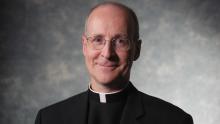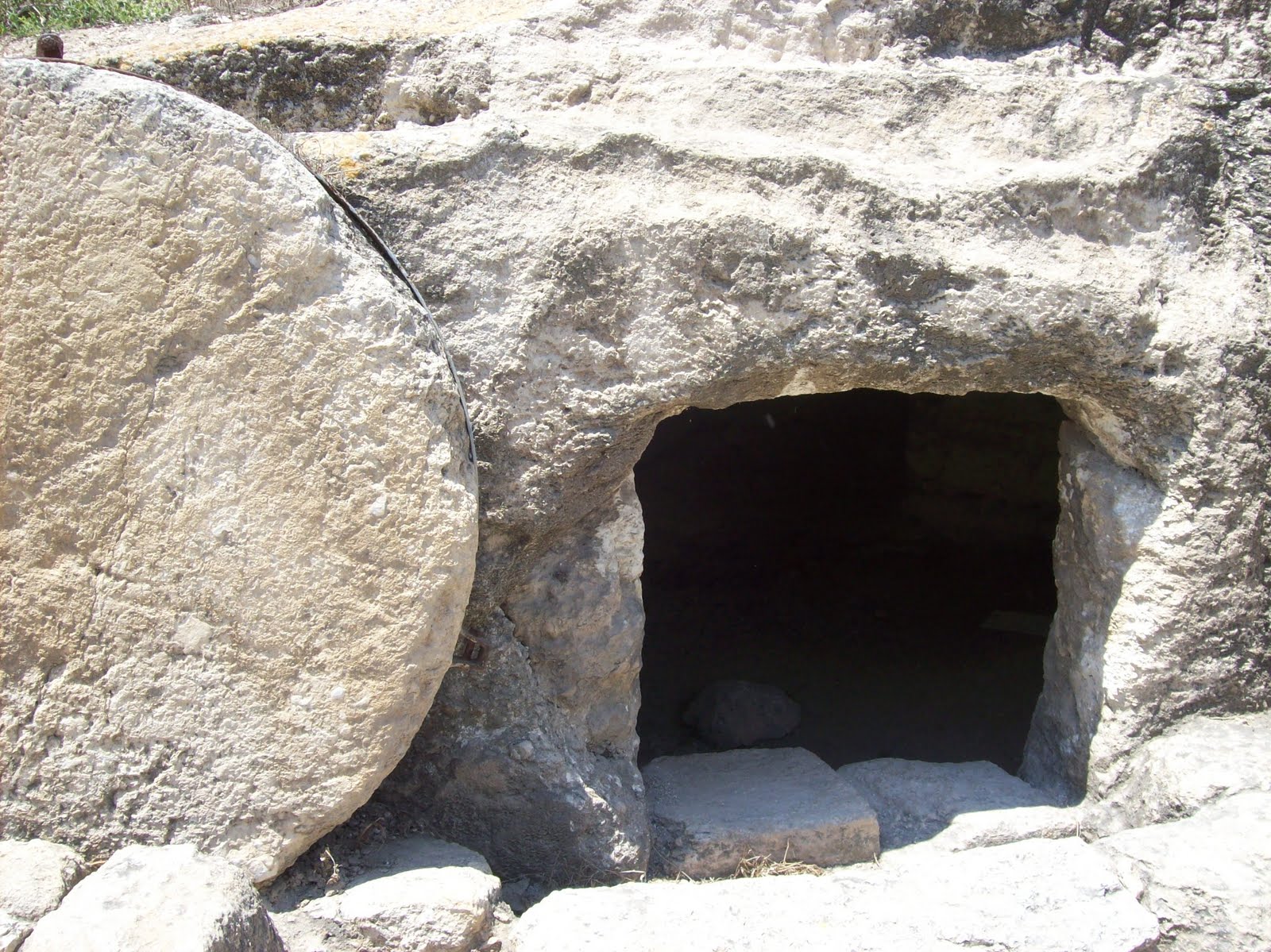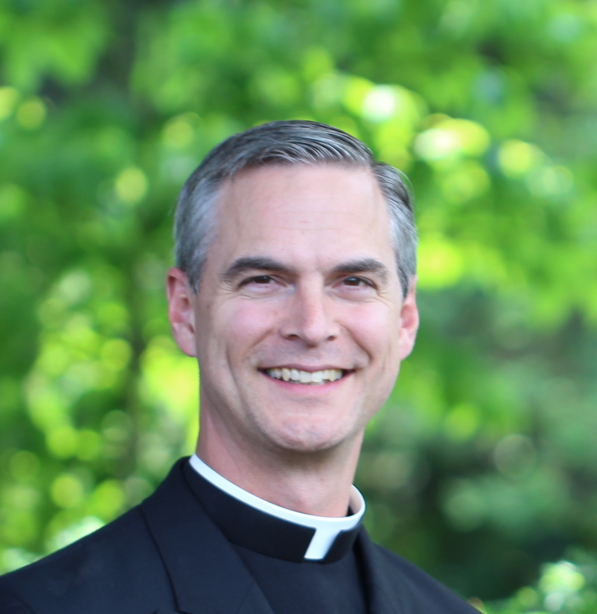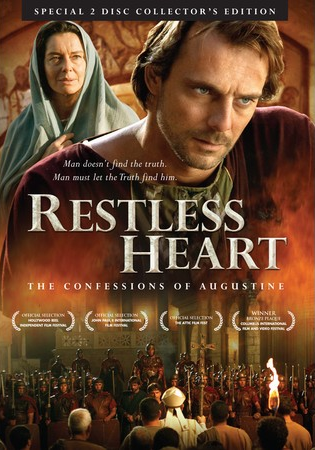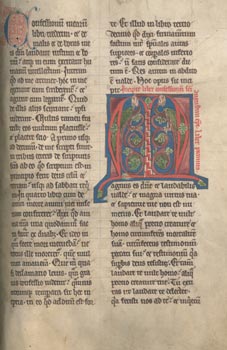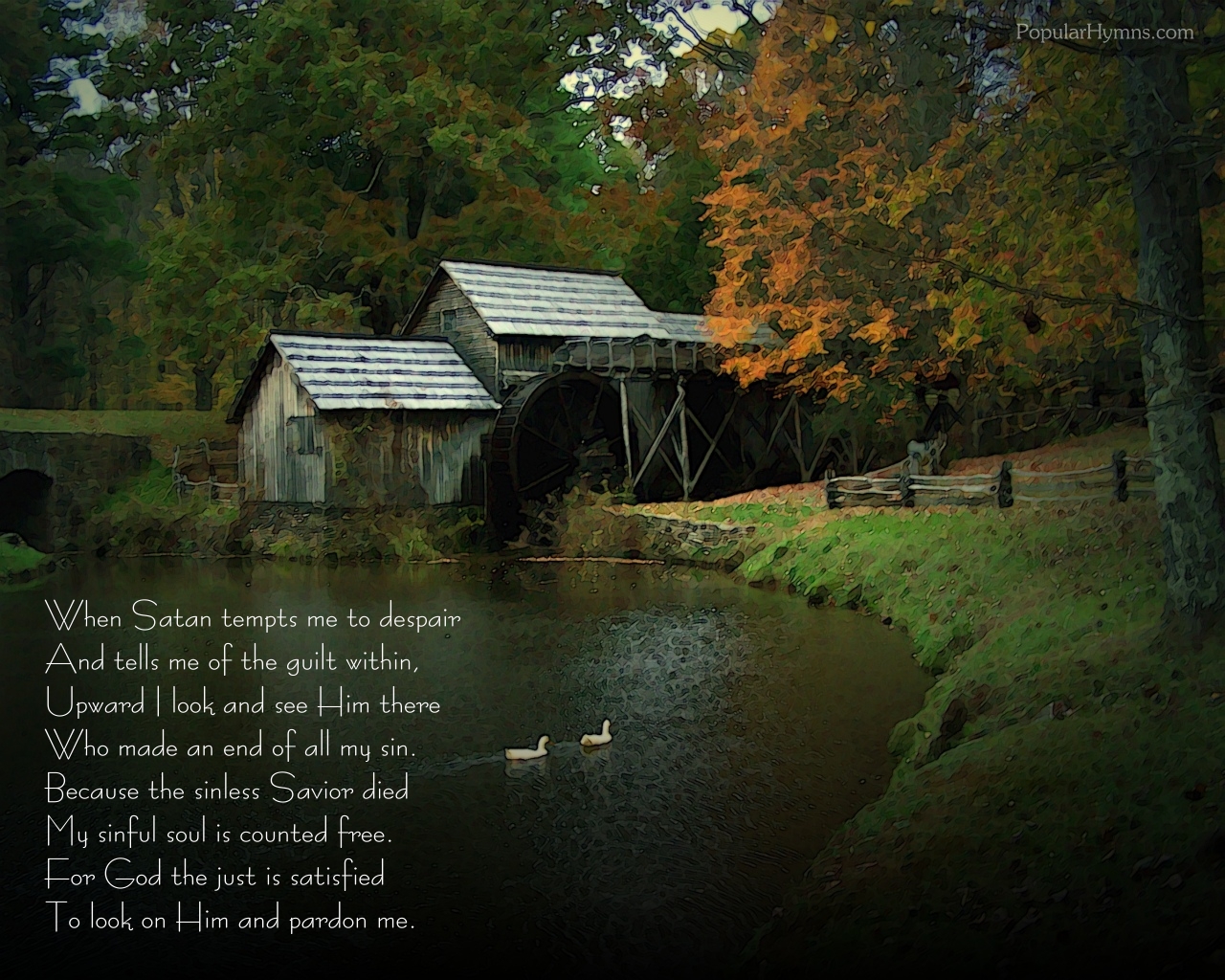Like Fr Jim, I love the Church. And, too, I have long said it’s a lovely institution until you want something. Then the Church brass knuckles come out. If the Church is supposed to represent Jesus, I just don’t don’t think Jesus was this difficult, seriously. It is a penance to be a Catholic, and not just the times for atonement. Geez!
“Dear God, sometimes I get so frustrated with Your Church.
I know that I’m not alone. So many people who love Your Church feel frustrated with the Body of Christ on Earth. Priests and deacons, and brothers and sisters, can feel frustrated, too. And I’ll bet that even bishops and popes feel frustrated. We grow worried and concerned and bothered and angry and sometimes scandalized because Your divine institution, our home, is filled with human beings who are sinful. Just like me.
But I get frustrated most of all when I feel that there are things that need to be changed and I don’t have the power to change them.
So I need your help, God.
Help me to remember that Jesus promised that He would be with us until the end of time, and that Your Church is always guided by the Holy Spirit, even if it’s hard for me to see. Sometimes change happens suddenly, and the Spirit astonishes us, but often in the Church it happens slowly. In Your time, not mine (always, all ways…Thy will be done, Thy Kingdom come!). Help me know that the seeds that I plant with love in the ground of Your church will one day bloom. So give me patience.
Help me to understand that there was never a time when there were not arguments or disputes within Your Church. Arguments go all the way back to Peter and Paul debating one another. And there was never a time when there wasn’t sin among the members of Your Church. That kind of sin goes back to Peter denying Jesus during His Passion. Why would today’s church be any different than it was for people who knew Jesus on earth? Give me wisdom.
Help me to trust in the Resurrection. The Risen Christ reminds us that there is always the hope of something new. Death is never the last word for us. Neither is despair. And help me remember that when the Risen Christ appeared to His disciples, He bore the wounds of His Crucifixion. Like Christ, the Church is always wounded, but always a carrier of grace. Give me hope.
Help me to believe that your Spirit can do anything: raise up saints when we need them most, soften hearts when they seem hardened, open minds when they seem closed, inspire confidence when all seems lost, help us do what had seemed impossible until it was done. This is the same Spirit that converted Paul, inspired Augustine, called Francis of Assisi, emboldened Catherine of Siena, consoled Ignatius of Loyola, comforted Thérèse of Lisieux, enlivened John XXIII, accompanied Teresa of Calcutta, strengthened Dorothy Day and encouraged John Paul II. It is the same Spirit that is with us today, and your Spirit has lost none of its power. Give me faith.
Help me to remember all Your saints. Most of them had it a lot worse than I do. They were frustrated with Your Church at times, struggled with it, and were occasionally persecuted by it. Joan of Arc was burned at the stake by Church authorities. Ignatius of Loyola was thrown into jail by the Inquisition. Mary MacKillop was excommunicated. If they can trust in Your Church in the midst of those difficulties, so can I. Give me courage.
Help me to be peaceful and forgive when people tell me that I don’t belong in the Church, that I’m a heretic for trying to make things better, or that I’m not a good Catholic. I know that I was baptized. You called me by name to be in Your Church, God. As long as I draw breath, help me remember how the holy waters of baptism welcomed me into Your holy family of sinners and saints. Let the voice that called me into Your Church be what I hear when other voices tell me that I’m not welcome in the church. Give me peace.
Most of all, help me to place all of my hope in Your Son. My faith is in Jesus Christ. Give me only His love and his grace. That’s enough for me.
Help me God, and help Your Church, Your Spouse.
Amen.”
Love,
Matthew





